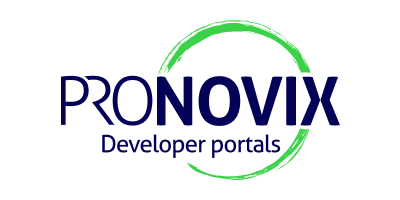Exploring and showcasing documentation practices in the rise of agentic AI
AI The Docs 2025 brought together experts to explore how AI is transforming the world of API documentation. From agentic systems and AI-enhanced authoring tools to smarter developer experiences and self-healing content pipelines, this year’s event captured the cutting edge of innovation.
If you missed the live sessions, you can still catch up!
On-demand access is available with a ticket purchase.
What you’ll get: recordings of all sessions across both days, practical insights on integrating AI into your documentation workflows, real-world examples of AI tools in action, strategies for writing for both humans and AI agents, a look into the future of developer portals and AI, and more.
Huge thanks to our sponsors MongoDB, Gravitee, GitBook and Pronovix for making AI The Docs happen!































